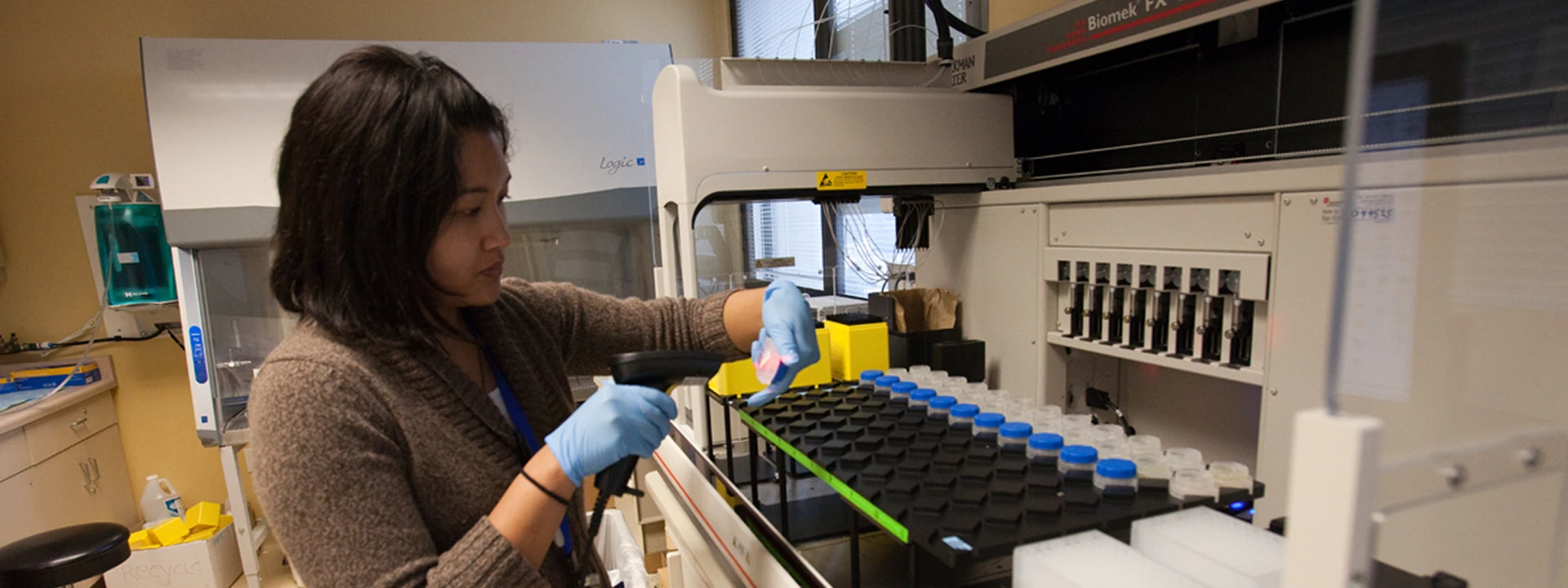Transforming Health through research
Kaiser Permanente Division of Research
Publications and Studies

Tools for Clinicians and Collaborators
We provide support and direction to clinician researchers and external partners with all aspects of collaborating, planning, and conducting clinical research within Kaiser Permanente Northern California.
Our Scientists
Lisa A. Croen , PhD
Research interests include the epidemiology of autism and other neurodevelopmental disorders.
Read Scientist’s BioParticipate in a Study
Visit the KP Study Search website to find out how participating in research studies benefits participants and society at large, and learn which studies are looking for participants.





